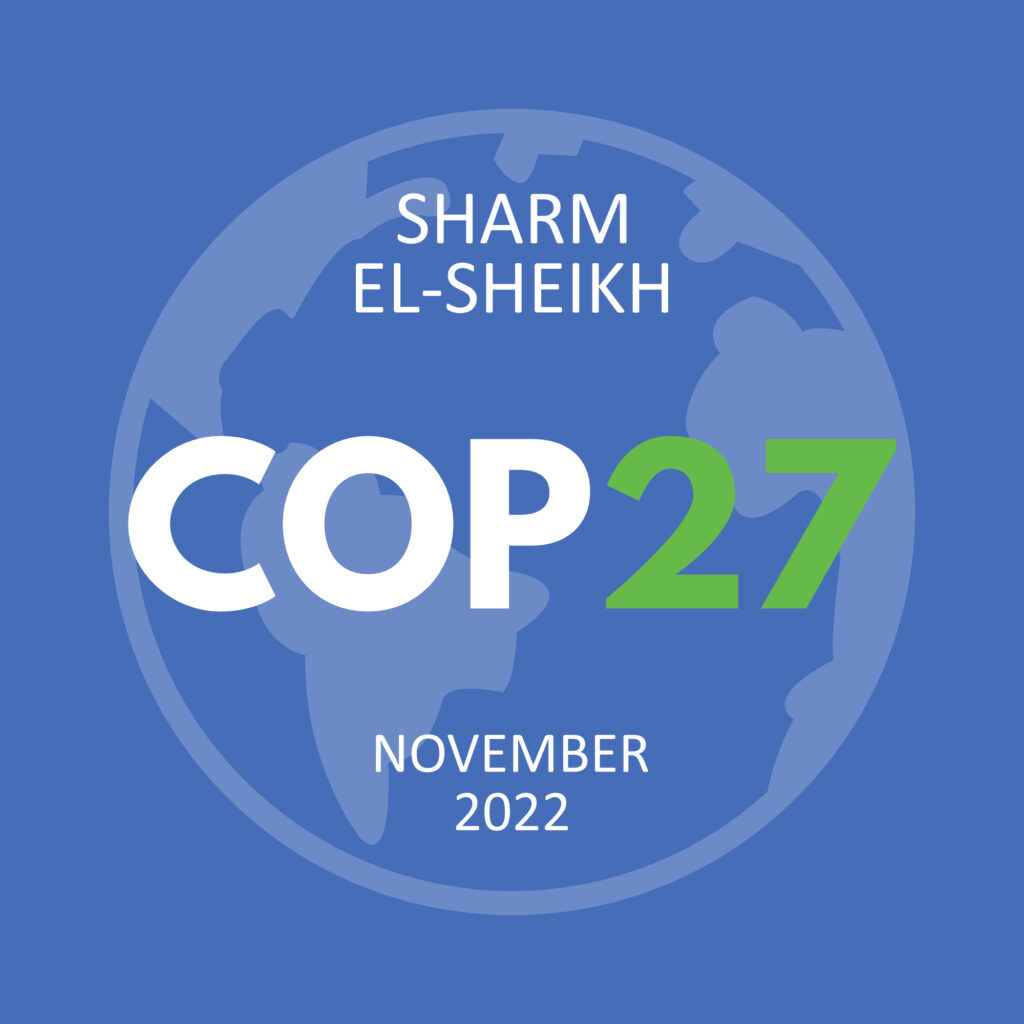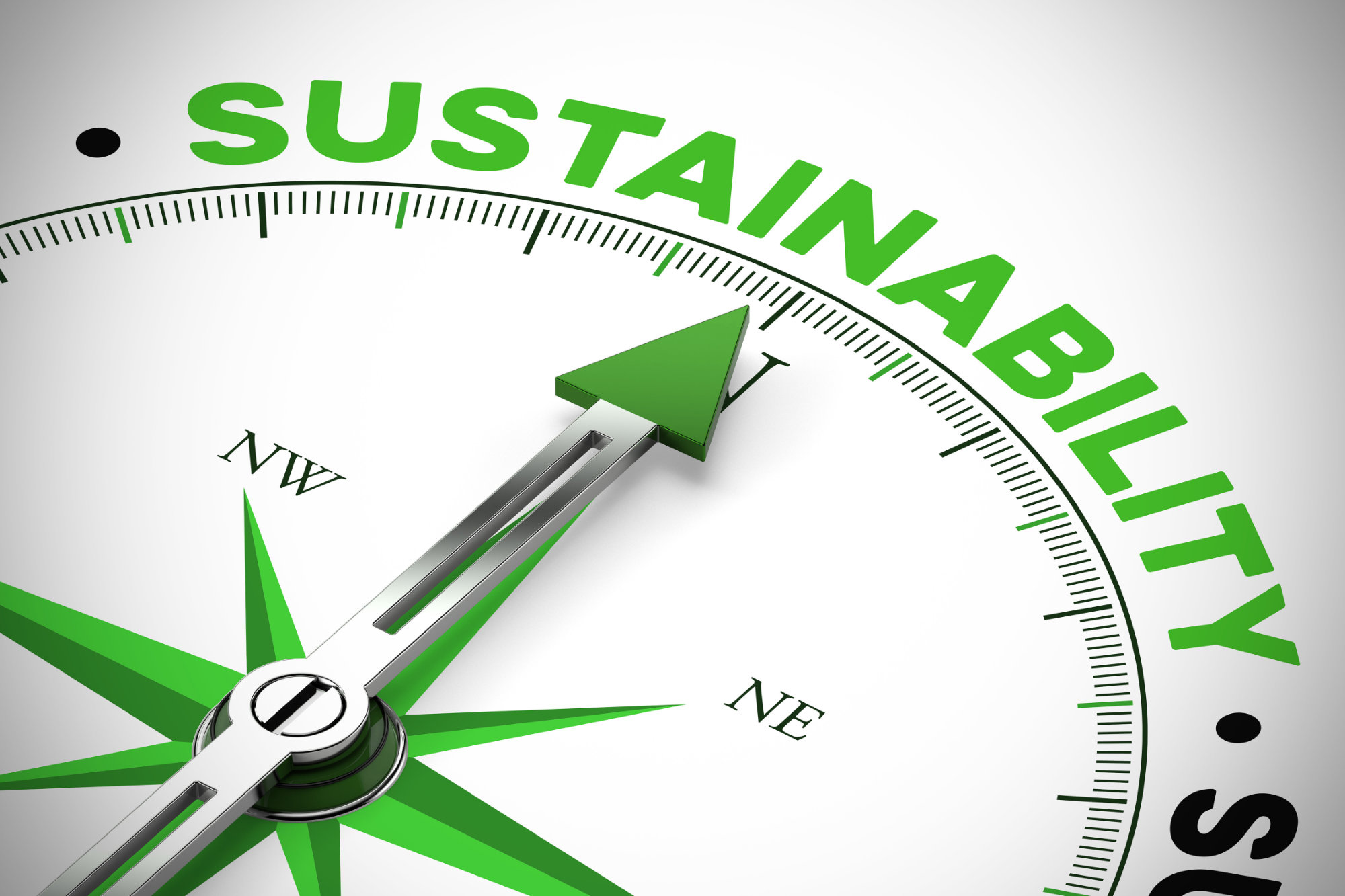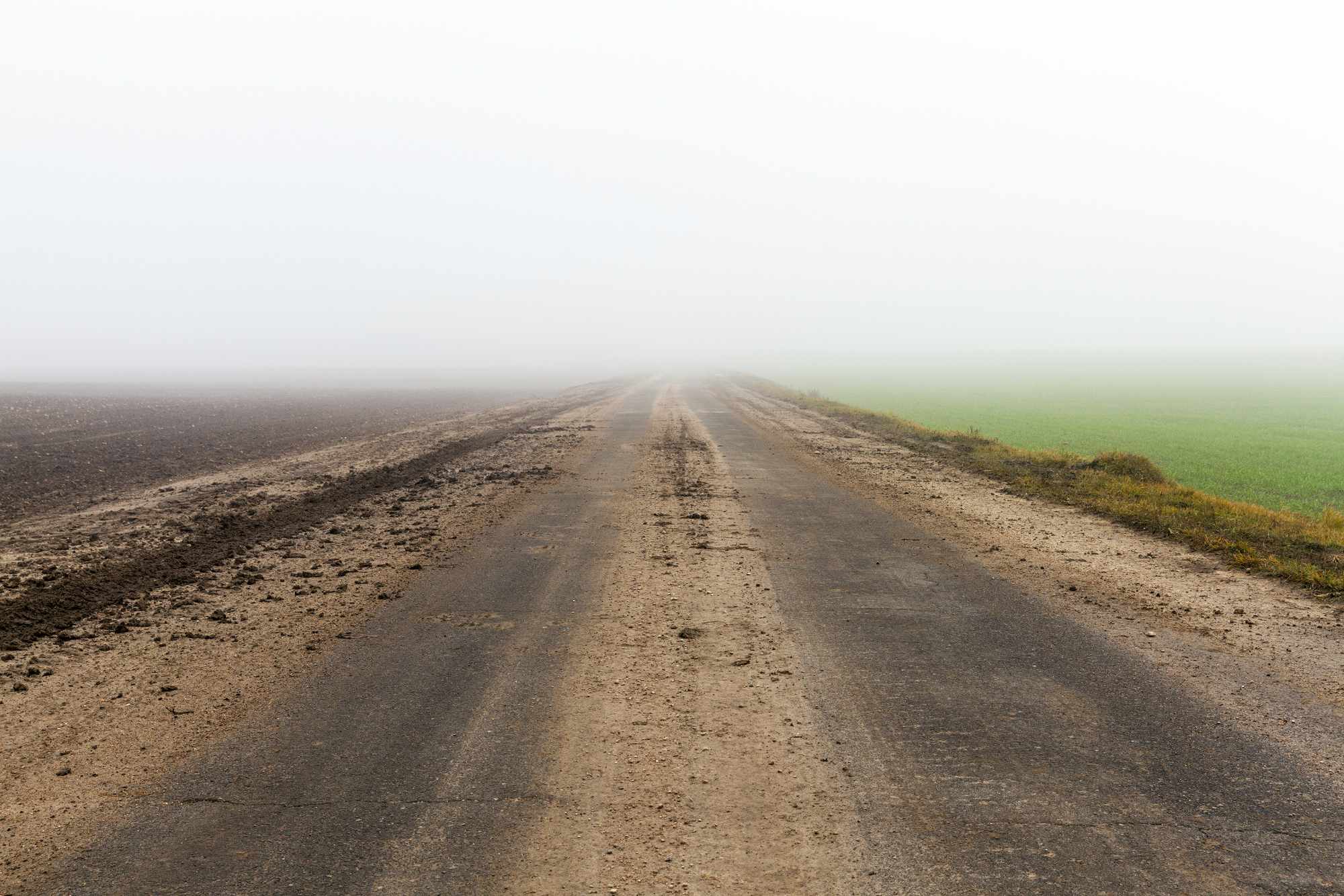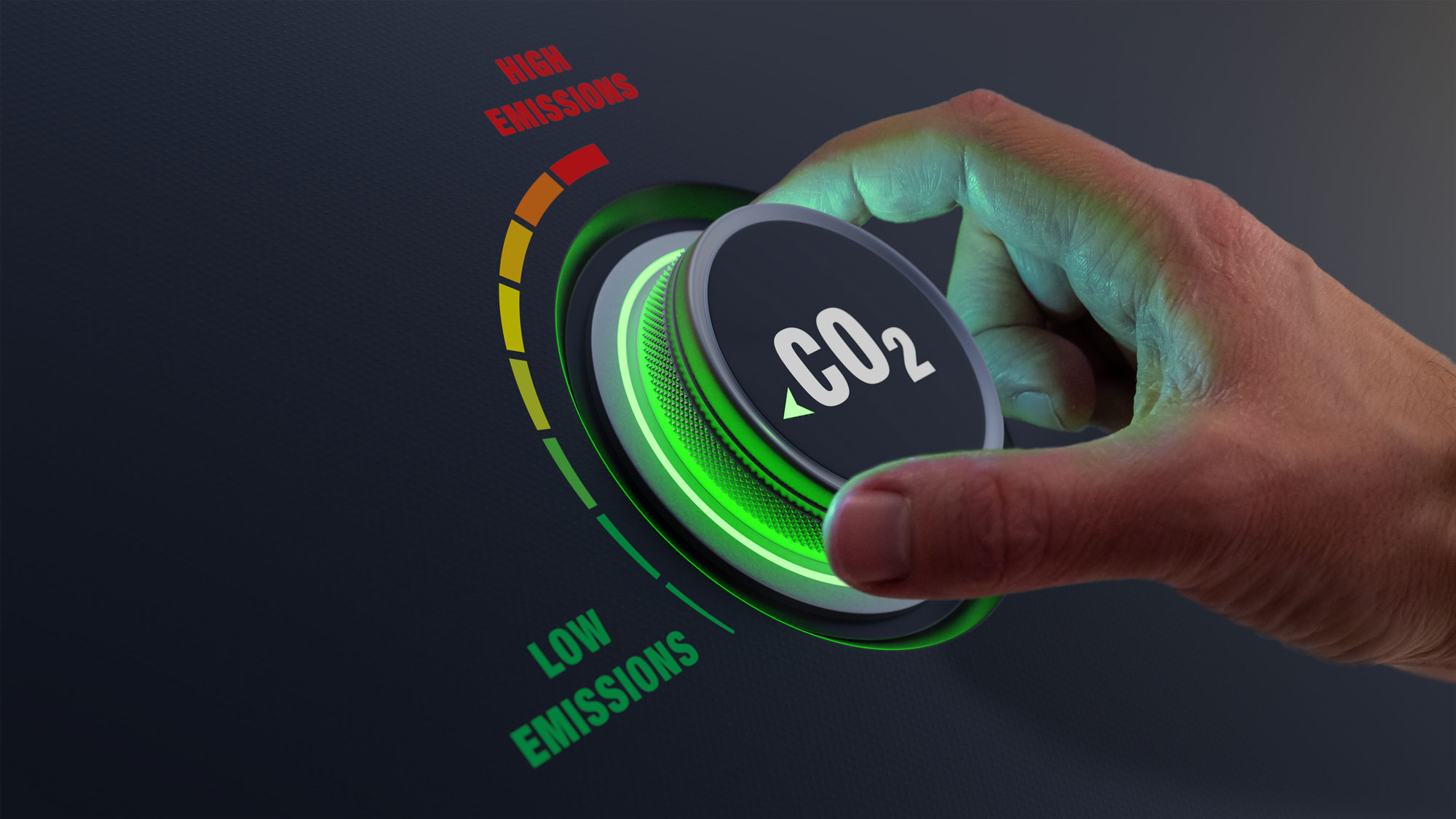
Sustainability – November 2022
by Miles Watkins
Another year, another COP – number 27 in this case. What’s it all about and does it make any difference, really?
Way back in 1992 when I started my degree in environmental studies at the University of Hertfordshire (Hatfield Poly to its mates), it was the year of the very first Earth Summit. Rio 1992 as it became known. Much of its content was based on the report called ‘Our Common Future’ which was written some 5 years previously by Gro Harlem Brundtland for former prime minister of Norway. If you are a sustainability-ist, the Brundtland report was a seminal piece of work in many ways and in particular because it first defined sustainable development as ‘Development that meets the needs of the present without compromising the ability of future generations to meet their own needs’.
The report unsurprisingly pointed out that as a far as access to resources were concerned, the world was very far from fair and as the rich got richer, the consumption of stuff was rabid and the pollution that went along with it was very bad indeed. It also crucially recognised that sustainable development was not a single issue but a series of complex interlocking issues and very difficult to solve. Via the Rio Earth Summit, 178 nations adopted an Agenda 21 (a plan for a better 21st century) and so began a great global debate on who could do the least and get away with it.
There has been a Rio +5, Rio +10, Rio +20 and 27 COPS and where has it left us? I can safely say as a professional in this space for all that time, I can’t really think of anything truly strident, however, as I have written before in this blog action is really beginning to hockey stick of late – and late it is. If we as humans put the effort in to resolving climate change as we have now 40 years ago, it’s safe to say we might be a bit further forward. Easy to say but when growth was seen as more-is-more, and more meant unbridled fossil energy consumption it was very hard to turn the literal oil tanker around. It took substantial risk re-profiling by financial institutions to recognise climate change as an existential threat to growth and global stability to bring carbon and other sustainability issues into business and state debates across the world.
So, what about COP27? The general principle being kept alive is the limitation of global warming 1.5oC over pre-industrialised levels. Within this, there remains ‘limits to growth’ discussions and we are back round the campfire trying not to over-commit our countries to economic Armageddon as we watch those with lightweight emission reduction commitments go sailing (motoring) past. Although there is no sign of phasing out fossil fuels, a ‘Breakthrough Agenda’ has been agreed by those making up 50% of global GDP. This is designed to enable rapid development of non-fossil energy technology making it more widespread and cheaper for all. Also, something unthinkable at the time of the Brundtland report has emerged – a Loss and Damage Fund. This is to help the disproportional effects of climate change on poorer nations through payments made by developed countries. It remains to be seen how the middle classes on their DFS sofas, eating a plastic box of Jamaican fruit and watching their 70-inch TVs react to this use of their nation’s cash.





